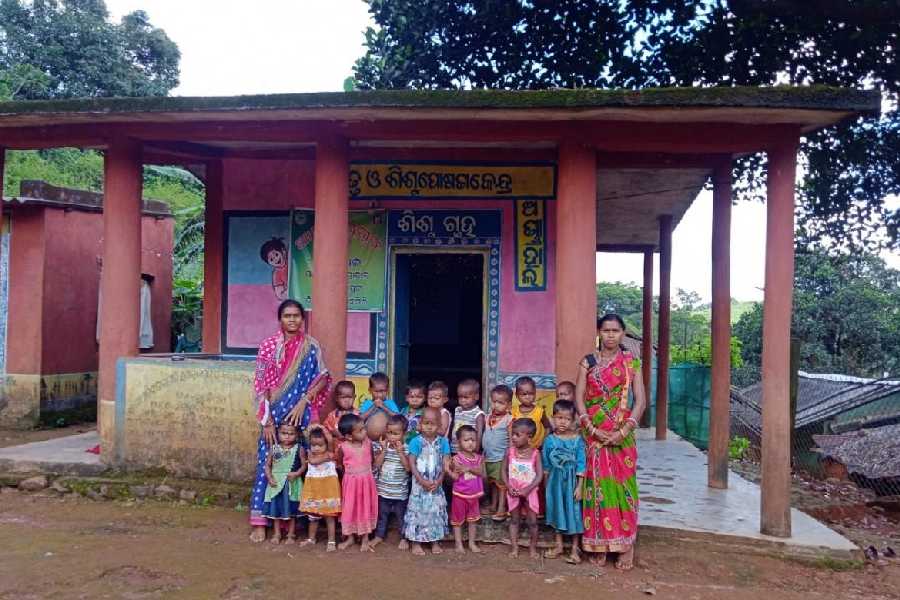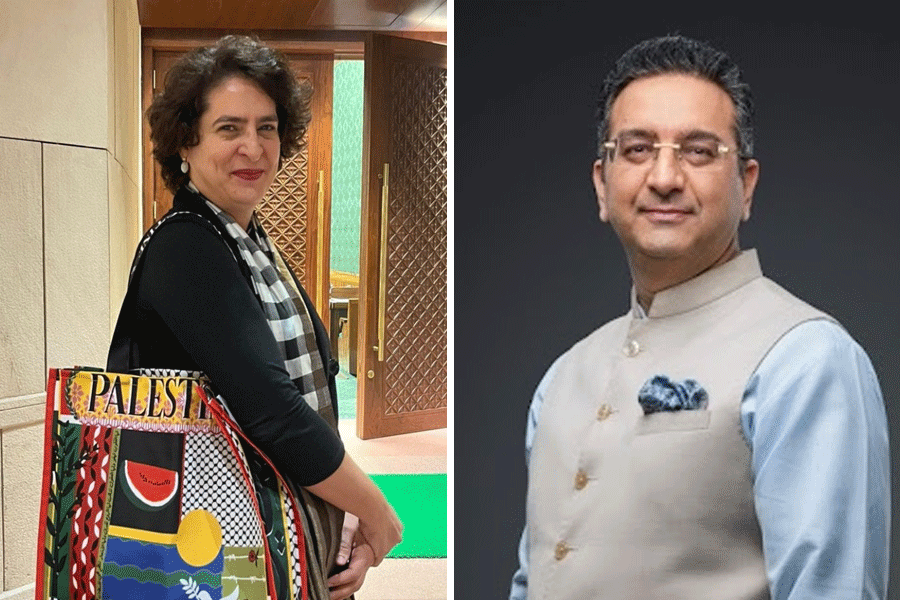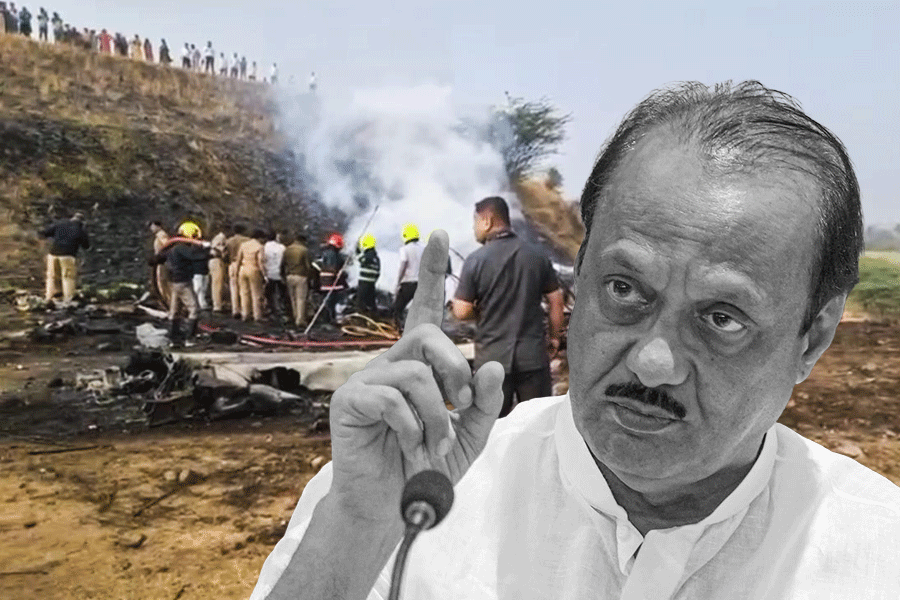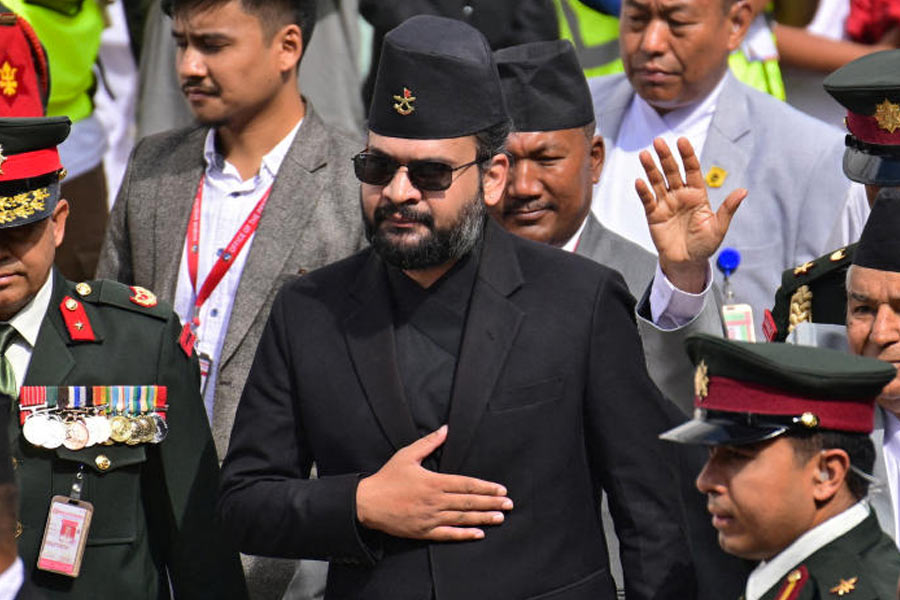The Odisha government has decided to reinstate a nutrition and daycare initiative that had shut down on September 30, depriving hundreds of infants and young children of hot-cooked meals delivered through 61 government-run creches and 272 feeding centres.
The creches and feeding centres for children, pregnant women, and lactating mothers are to be made “functional with immediate effect,” the Odisha Particularly Vulnerable Tribal Groups Empowermentand Livelihoods Programme (OPELIP) administration said in an order on Wednesday.
The 61 creches in 12 districts — Angul, Deogarh, Gajapati, Ganjam, Kalahandi, Kandhamal, Keonjhar, Malkangiri, Mayurbhanj, Nuapada, Rayagada, and Sundergarh — had since April 2021 been providing meals and daycare for up to eight hours to children up to the age of three years.
The initiative jointly funded by the Centre, the state government and a UN financial institution, also provided meals to children between the ages of three to six years through 111 child feeding centres and nutrition to pregnant women and lactating mothers through 161 maternal feeding centres.
The September 30 closure had stirred concerns among sections of health experts worried about its impacts on children and women. The creches and the feeding centres were primarily serving tribal populations subsisting on agriculture, forest produce, and poultry with high malnutrition levels.
Some experts familiar with the initiative said the shutdown was particularly puzzling because the creche and nutrition component cost only an estimated ₹12 crore a year. A community health expert had said the closure of the creches would deprive children of meals and limit the ability of mothers to work while their children were looked after by trained staff inthe creches.
The OPELIP administration, in its order on Wednesday, said the decision to continue the creches and feeding centres had been taken “keeping in view the greater interest of nutritional requirements of the PVTG childrenand women.”
“This is a huge relief — it reinforces our faith in people’s movements, democracy, and the government,” said Vandana Prasad, a community paediatrician and technical adviser with the Public Health Research Society, a non-government entity that had started the creche and nutrition initiative with support from the Azim Premji Foundationin 2017.
Children were back in some of the creches that opened on Thursday. The 61 creches catered to around 1,800 children below the age of three years, while the 111 child feeding centres were delivering meals six days a week to 1,200 children between three and six years of age on September 30.
A 2019 study assessing the impact of the creches during the initiative’s experimental phase haddocumented a 40 per cent decline in underweightchildren and 27 per centdecline in wasting and stunting, two other measures of malnutrition.










